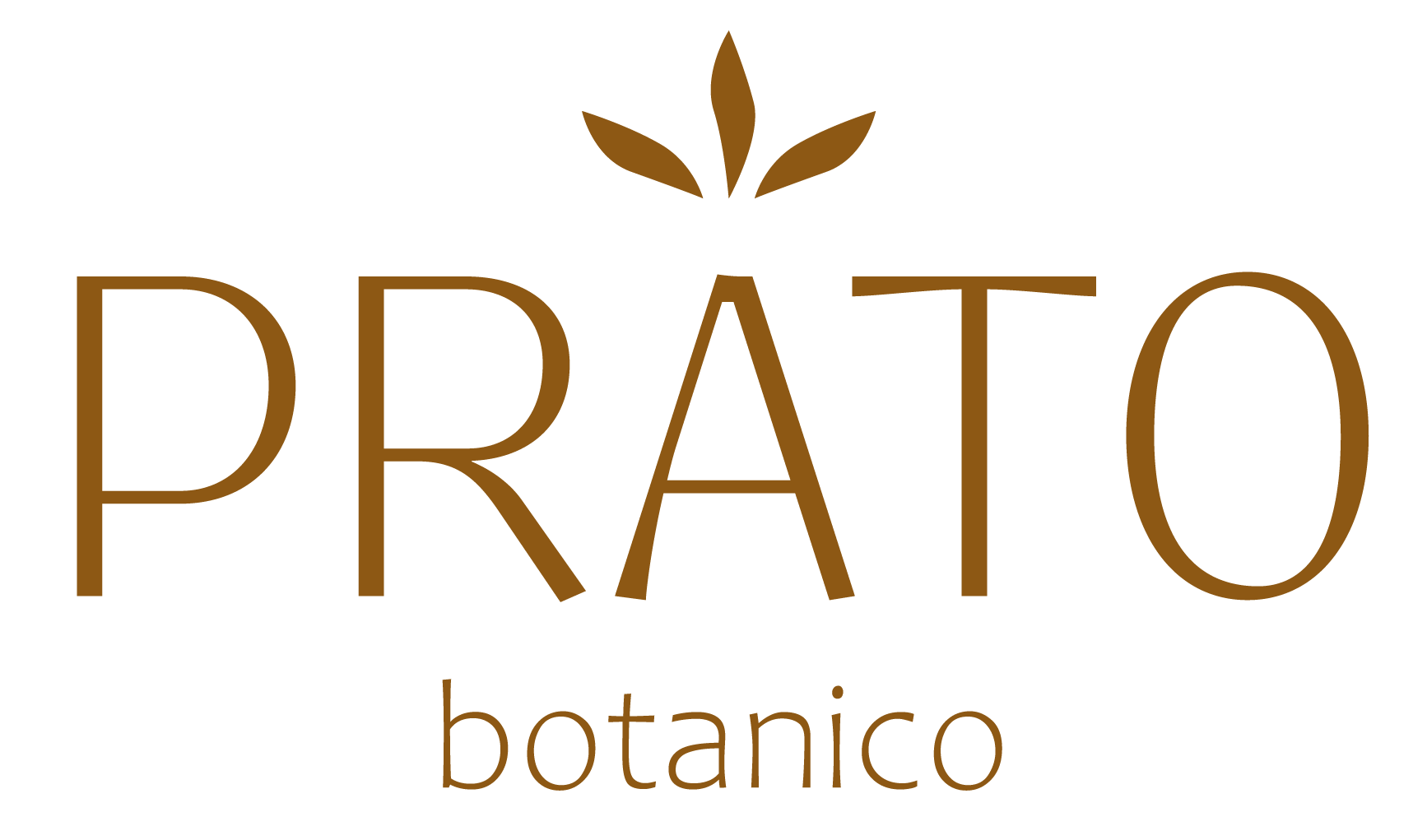Do you invest in the best-advertised skincare products to achieve the skin of your dreams, only to end up disappointed almost every single time? We hear you. You’re always looking for the best beauty products: lotion, face wash, moisturizer, anything that may help you reach your beauty goals. You apply your products religiously, try all of the best techniques, but don’t see the hoped for improvements. Instead, your skin is dry, pigmented, or prone to frequent breakouts. Have you ever wondered why so many of these products don’t seem to work as promised?
Having beautiful looking skin doesn’t need to be this frustrating. The secret to looking your personal best is often more simple than you think, and natural and organic skincare products can help you achieve the glowing complexion you’re looking for.
But with the seemingly countless beauty terms used in today’s skincare industry—clean, natural, organic, synthetic—what does it all mean and how do you know what you are getting? We are here to help you understand the difference between these terms and the benefits of using natural and organic skincare to reveal the most beautiful you.
Know the Product You’re Buying
When you buy a product, first and foremost you want to ensure that it is safe and healthy. Natural and organic skincare products, for example, combine essential vitamins, botanicals, and minerals that can nourish the skin with ingredients that the skin can actually absorb. On the other hand, synthetic products use a range of man-made chemicals in their ingredients. Sometimes those chemicals sit on top of your skin providing no benefit at all; sometimes your skin absorbs the chemicals and you may experience irritation, clogged pores, or potentially worse.
The sad truth is that many skincare products on the market claim to be natural and organic, when they really aren’t…part of the so-called “greenwashing” problem that you may have heard of.
So how can you really tell if a skincare product is natural, organic, clean or synthetic? Let’s dive in and learn more about them one by one.
Natural Skincare
It is easy to confuse natural skincare and organic skincare. The term “natural skincare” is a blanket term used when a product contains ingredients from nature—extracted from plants, flowers, herbs, essential oils, beeswax, minerals, etc. However, these components are not necessarily organically produced.
In a nutshell, natural skincare typically contains botanical or nature-derived formulations. Since they do not contain as many harsh chemicals as other disposable or commercial products, products with natural ingredients are rising in popularity.
Organic Skincare
Organic skincare products are also made from natural ingredients. However, they have an added element of purity. Organic skincare uses plant-based or nature-derived ingredients that are grown without using manufactured pesticides or fertilizers.
In fact, in order to be able to use the term “organic” in the skincare industry, a brand must meet the USDA requirements for using the term. A brand using the term “organic” or “certified-organic,” for example, must contain at least 95% organically produced ingredients. Some brands use the term “made with organic ingredients,” which means there are some organic ingredients in the product but the product as a whole does not meet the 95% threshold that makes them truly “organic.”
Thus, true “organic” skincare contains ingredients that are both natural and organically produced. From a trustworthy brand, organic skincare can nourish and hydrate the skin, leaving it vibrant and dewy.
When buying skincare, you’ll want to look for the list of ingredients and whether it is labeled organic or certified-organic…or not.
Synthetic Skincare
Known as “chemical products,” these are made using synthetic versions of natural ingredients.
While synthetic ingredients, by definition, aren’t “natural” like their counterparts, it doesn't mean that they're harmful. Natural compounds sometimes form the basis of these formulations and then synthetic ingredients are added. Chemists synthesize these to make them more effective and abundantly available for commercial use, often at greatly reduced costs.
Unlike natural and organic products, synthetic skincare can also contain artificial fragrances, dyes, parabens, sulfates, and phthalates, which can be harmful to human health according to numerous studies.
Clean Skincare
“Clean” skincare is a relatively general term that has arisen in recent years to describe products that are “clean of harmful ingredients.” These products may contain a mix of natural, organic and synthetic ingredients, however “clean” brands vow to use only synthetic ingredients that have been shown to not harm human health. While the word “clean” may give you a fuzzy feeling, remember that many synthetic ingredients once found to be harmless to humans were later found to be the exact opposite once science looked deeper.
To help illustrate this point, consider that only 11 cosmetic ingredients in the U.S. have been officially banned by the FDA, while in the European Union (EU), more than 1,300 ingredients have been banned. What can we say? Sometimes the U.S. is a little behind.
Why Use Natural and Certified Organic Over Synthetic or “Clean?”
Natural and organic products can be gentler on the skin when applied in the right amounts. In addition, you don’t have to worry about artificial additives that may harm your skin or long-term health.
There are plenty of reasons to embrace organic skincare over synthetic:
- Rich source of vitamins, minerals, & essential oils: Organic products are from natural sources that help supply your skin with the vitamins and minerals it needs to be radiant looking and beautiful.
- Does not contain harmful ingredients: You can always achieve your beauty goals with peace of mind when using organic skincare. Organic ingredients create a range of skincare that is safe on your skin whilst giving you great skincare results that you’ll love.
- Often Cruelty-free: Believe in kindness and beauty, and you’ll find success. Unlike many synthetic products, organic skincare is typically not tested on animals and is cruelty-free.
- Eco-friendly: When you choose organic beauty products, you are not only improving your skin’s appearance, but also making a positive impact on our planet.
Prato Botanico is Certified-Organic
Keeping your skin healthy looking is the foundation of true, natural beauty. Prato Botanico is a certified-organic brand that adheres to an even higher standard than many brands found in the U.S.
Prato Botanico skincare is made in Italy and our brand holds the NATRUE certification for organic cosmetics (see more about this certification HERE). This special certification means our entire brand is wholly committed to organic ingredients and sustainable practices that are better for you and for the environment. It also means our skincare meets all EU cosmetic standards, and is free of the more than1,300 harmful ingredients they have banned.
Conclusion
Prioritizing organic or natural skincare products is an increasingly popular concept among enthusiasts. But for many, there’s still a lot of confusion or hesitation for making the transition from conventional to organic skincare products.
We believe that many people are simply unaware of all the benefits of using only organic products or have become confused by the many terms used in the beauty industry. We hope this has given you some important insights and introduced you to the purity of the Prato Botanico luxury skincare line. Our certified-organic products can do wonders for your skin’s appearance while also helping our beautiful planet.
To see our full line of Prato Botanico products, click here.

